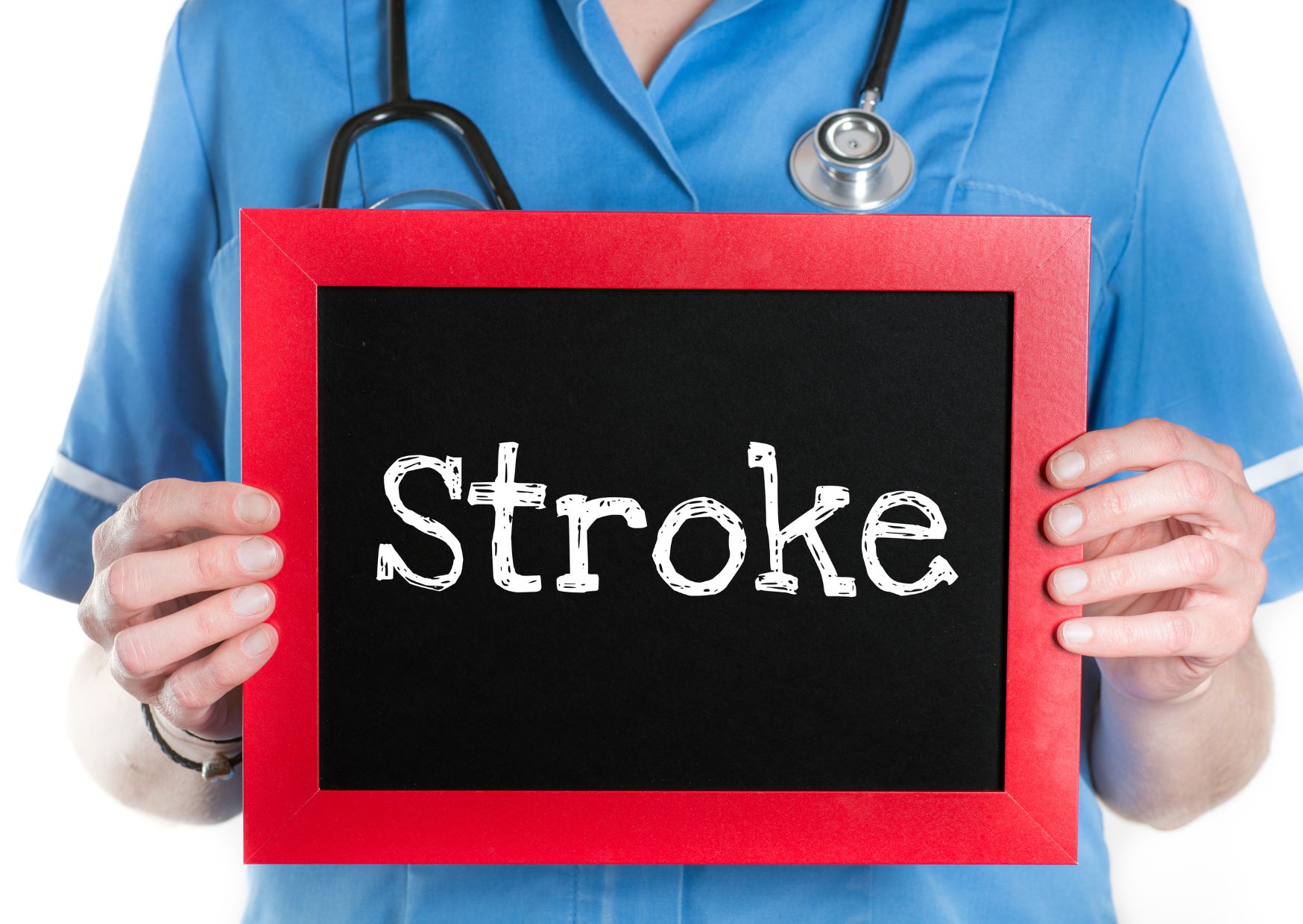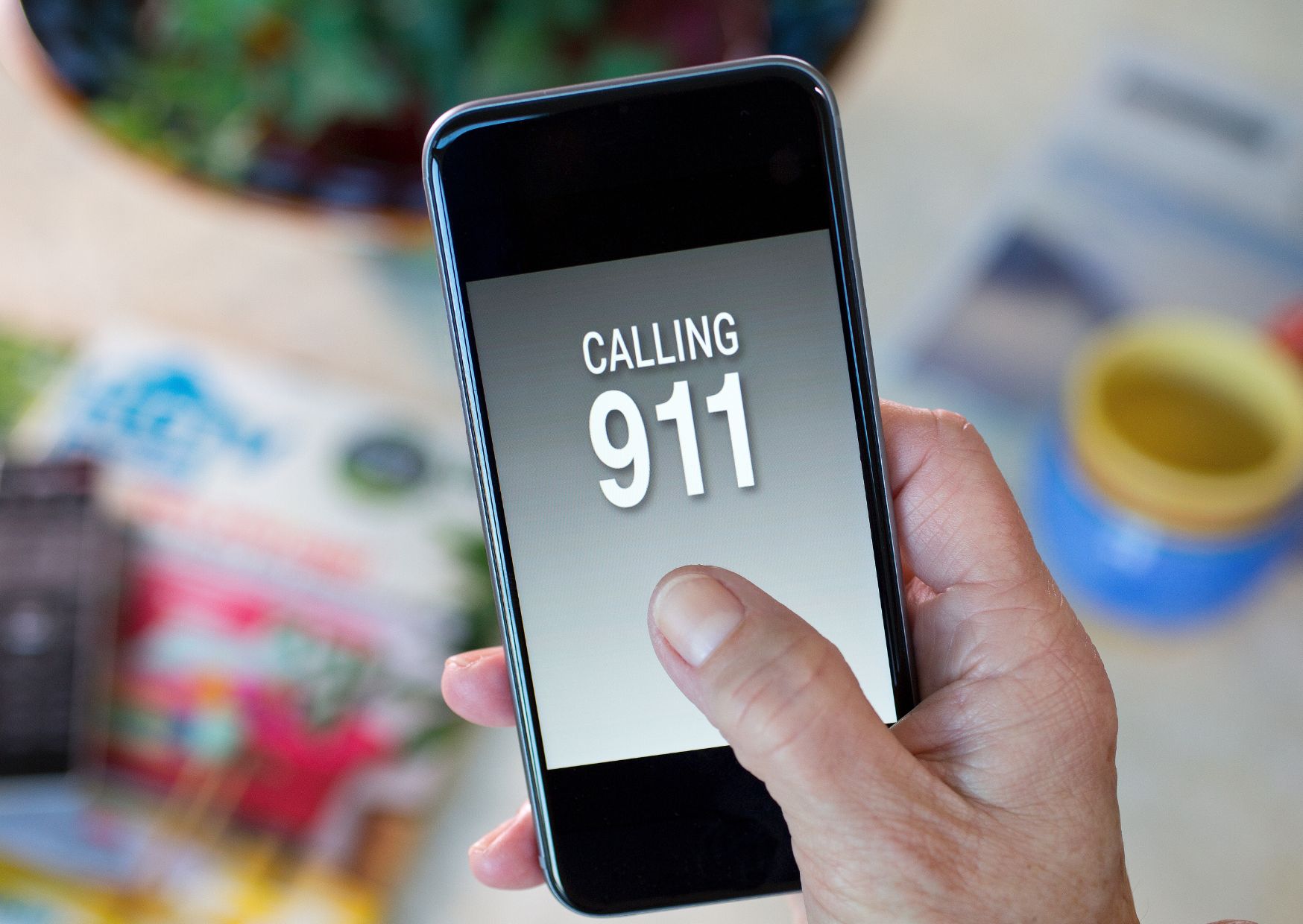February is National Heart Month and the American Heart Association (AHA) is celebrating 100 years! This is a great time to learn more about heart health and share the knowledge with your family.
Here are 4 heart-healthy things to keep in mind:
 Image credit: Canva Pro | Image credit: Canva Pro | |
1) Prevention is key.
According to the American Heart Association, 1 in every 5 children is considered to be obese because of lack of physical activity. If you are looking for ideas to get your kids moving, here are some great things that you can do:
- Visit one of our local parks.
- Sign them up to play a sport.
- Schedule something fun and active for Spring Break.
- Take a walk to complete a scavenger hunt.
- Choose Summer Camp activities to keep them busy.
 Image Credit: Canva Pro | peopleimages-yuriarcurs Image Credit: Canva Pro | peopleimages-yuriarcurs |
2) The majority of cardiac events happen at home and about 90% of out-of-hospital cardiac arrest patients die. per the AHA.
- Starting CPR improves survival rate by over 50%. You can watch the Hands-Only CPR video so you and your family know what to do in the event of a cardiac event. If you would like to get CPR certified, you can find a local class here.
- "Black Americans have the highest incidence of cardiac arrest outside of the hospital and are significantly less likely to survive." according to the American Heart Association.
 Image Credit: Canva Pro | _roobcio from Getty Images Image Credit: Canva Pro | _roobcio from Getty Images |
3) Think it's a stroke? You have to think FAST!
- The main signs of a stroke include face drooping or numbness, difficulty moving one side of the body, and/or trouble speaking or slurred speech.
- Other stroke symptoms could include confusion, face numbness, difficulty seeing, trouble walking or severe headache.
- Watch the FAST song video to remind you about the signs of a stroke.
 Image Credit: Canva Pro | KLH49 from Getty Images Signature Image Credit: Canva Pro | KLH49 from Getty Images Signature |
4) Teach your children how to call 911.
- Teach them how to open your phone with a password or bypass the password to make an emergency call.
- Explain to your child what they should do if they can't get your phone to make a call, like go to a neighbor's house and ask for help.
- Discuss what the dispatcher may ask your child and how they should answer. Practice with them how the call may go. Teach them their home address, or at least the street name, to get EMS to your home sooner.
References: Heart.org



